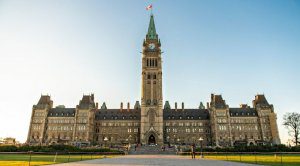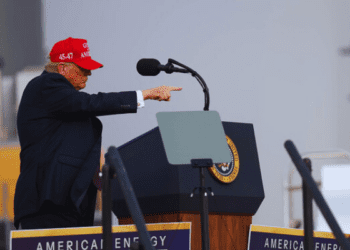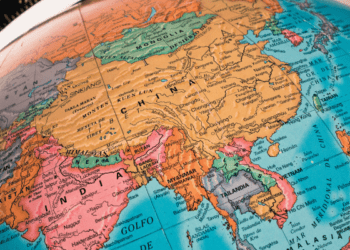 Decentralization involves trade-offs, writes Philip Cross in the Financial Post. With more powers devolved to sub-federal governments, there is less public scrutiny of regulation and favouritism. Cross argues that rent-seeking flourishes in the shadows. Below is an excerpt from the article, which can be read in full here.
Decentralization involves trade-offs, writes Philip Cross in the Financial Post. With more powers devolved to sub-federal governments, there is less public scrutiny of regulation and favouritism. Cross argues that rent-seeking flourishes in the shadows. Below is an excerpt from the article, which can be read in full here.
By Philip Cross, November 12, 2021
It is a matter of faith among conservatives, going back at least to Edmund Burke, that political power should be as decentralized as possible. So it should be reassuring that Canada has the most decentralized federal structure among the G7 nations, ensuring the “union without fusion” (in the words of Georges-Etienne Cartier) needed to keep our diverse country together. But Canada’s experience also demonstrates the downside of decentralization, including lower-quality civil servants, less accountability and the capture of governments by motivated minorities.
Delegating power to lower levels of government prevents its concentration in the hands of the federal government and encourages more policy experimentation. Roosevelt-era U.S. Supreme Court Justice Louis Brandeis famously called state governments “laboratories of democracy” that allow governments to experiment with different policies and learn from each other. This is even more true for Canada, where provincial governments carry out the bulk of service delivery, notably for health and education. (Former Bank of Canada Governor John Crow once called the federal government “a gigantic cheque-writing machine.”) Some academic studies suggest competition among provinces helps limit government spending because the higher taxes to support it reduce a province’s competitiveness. Milton Friedman also claimed “the smaller the unit of government … the less likely it is that its actions will reflect special interests rather than the general interest.”




